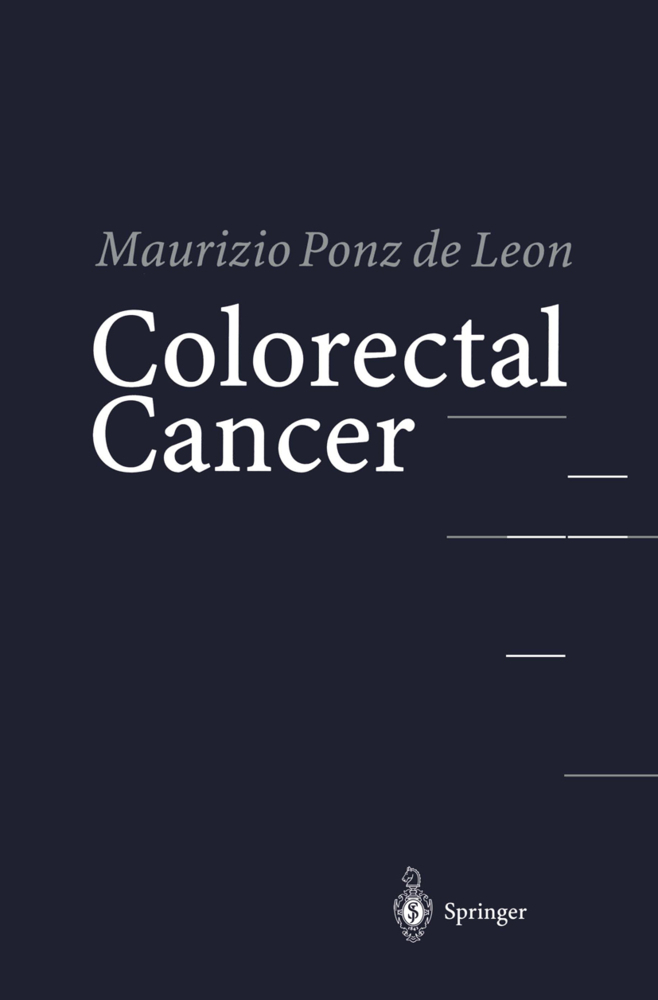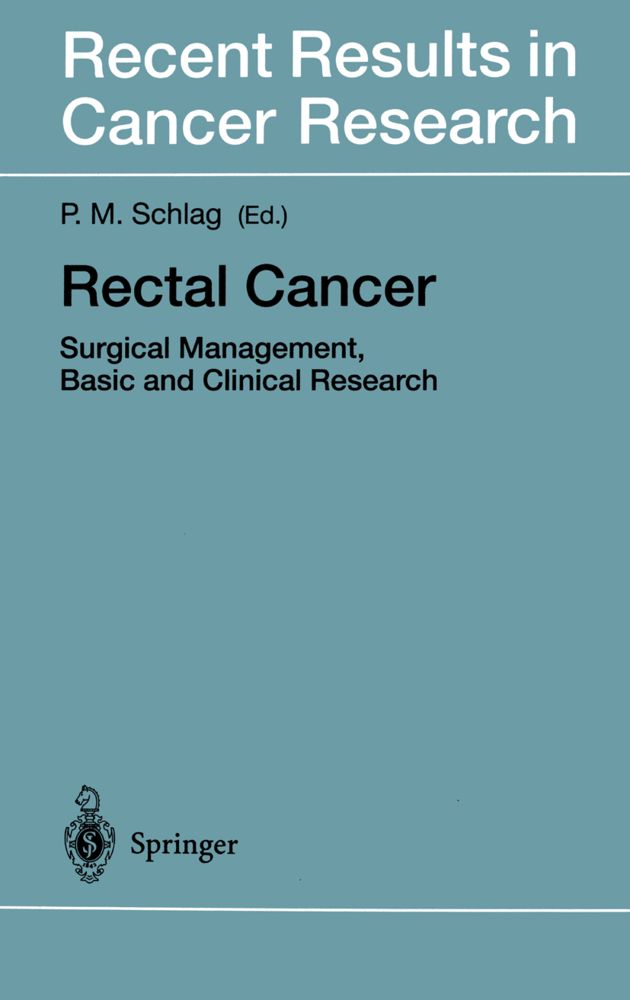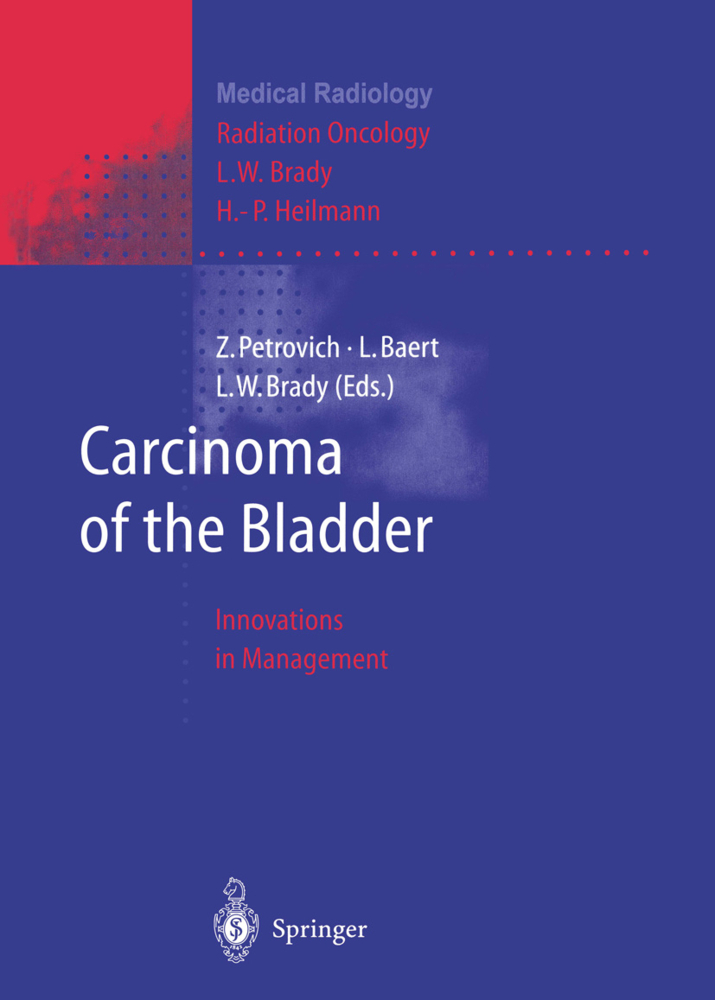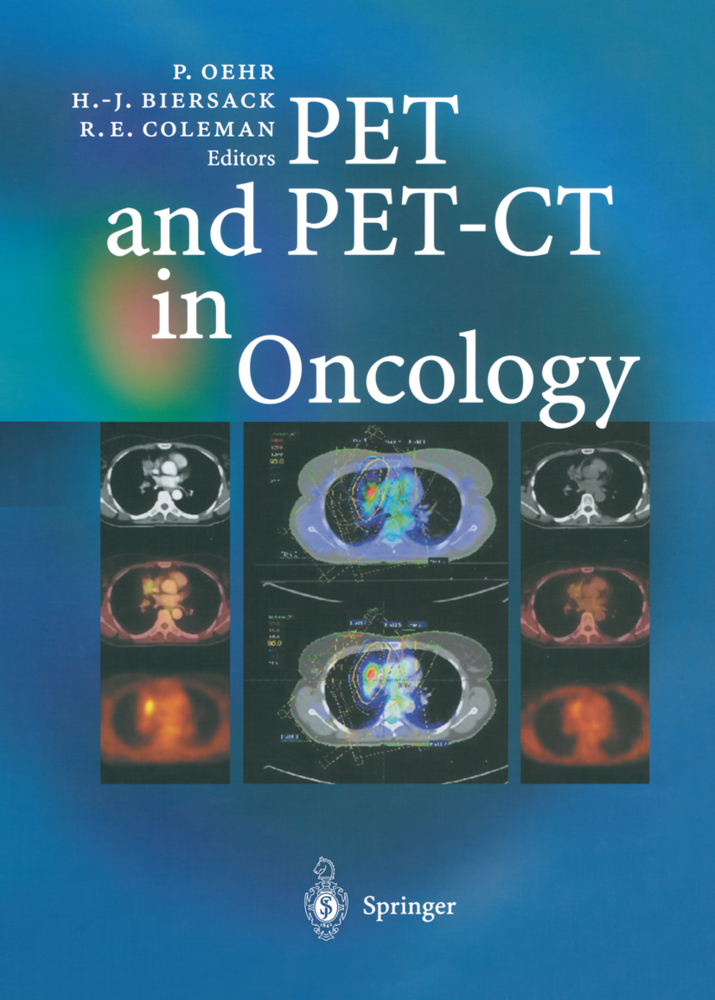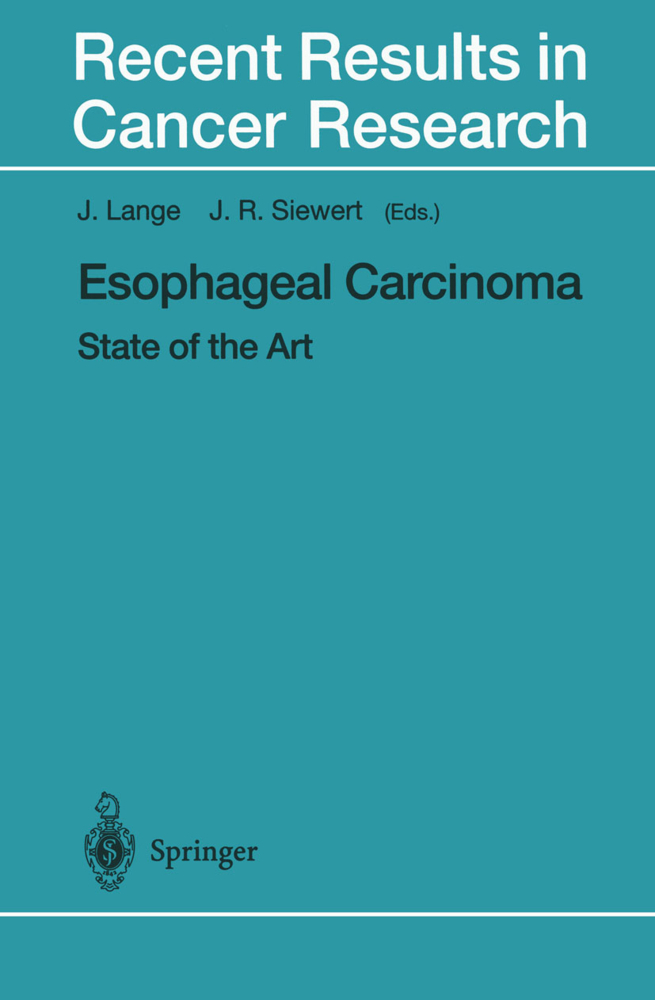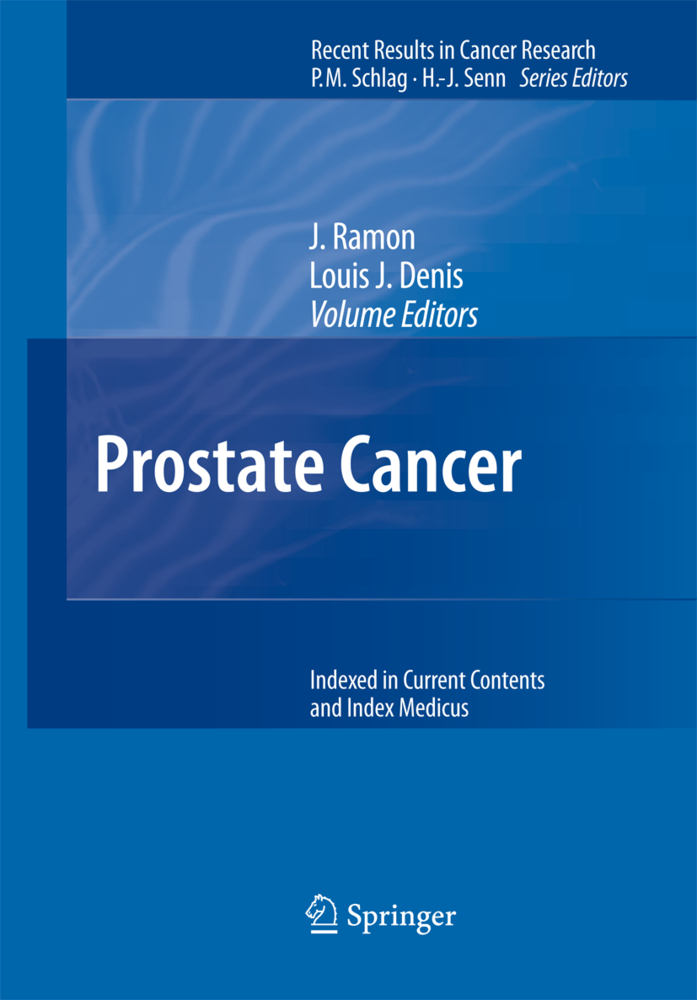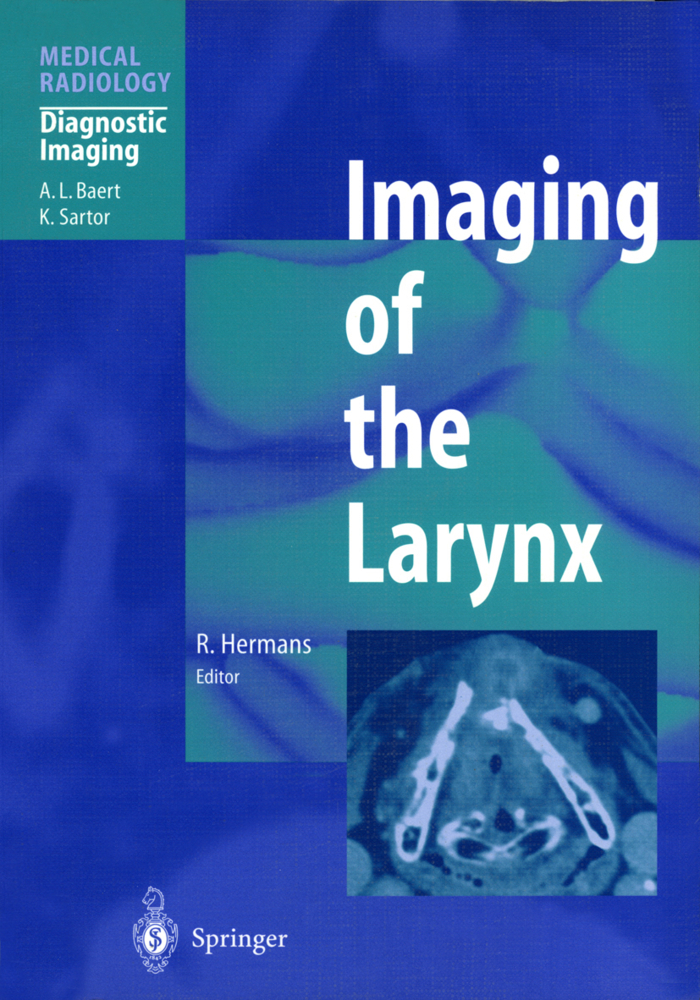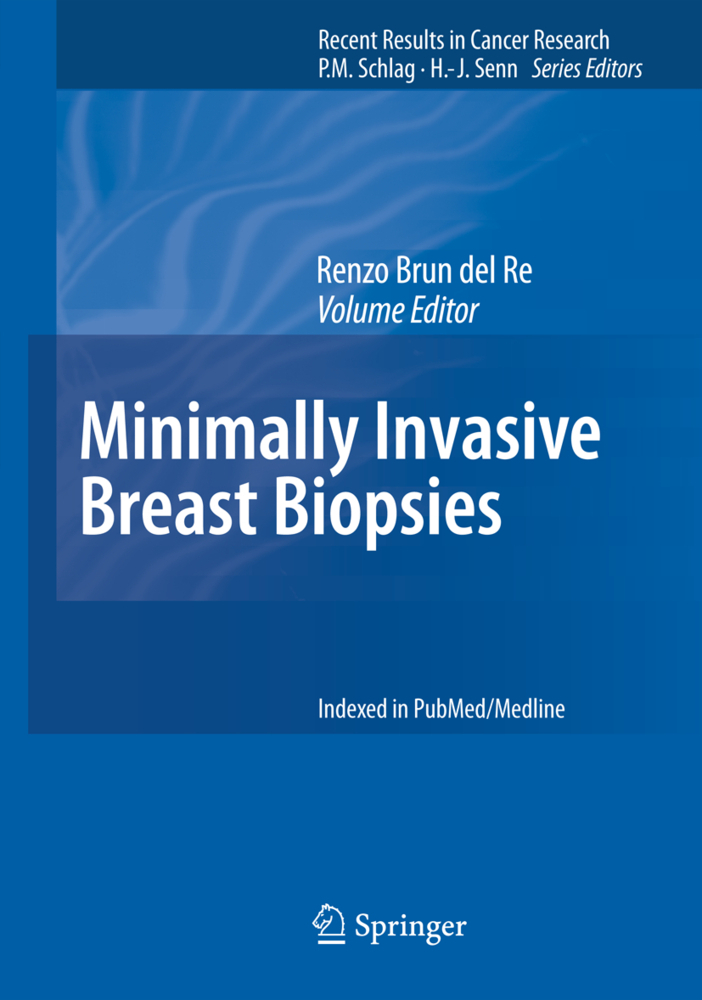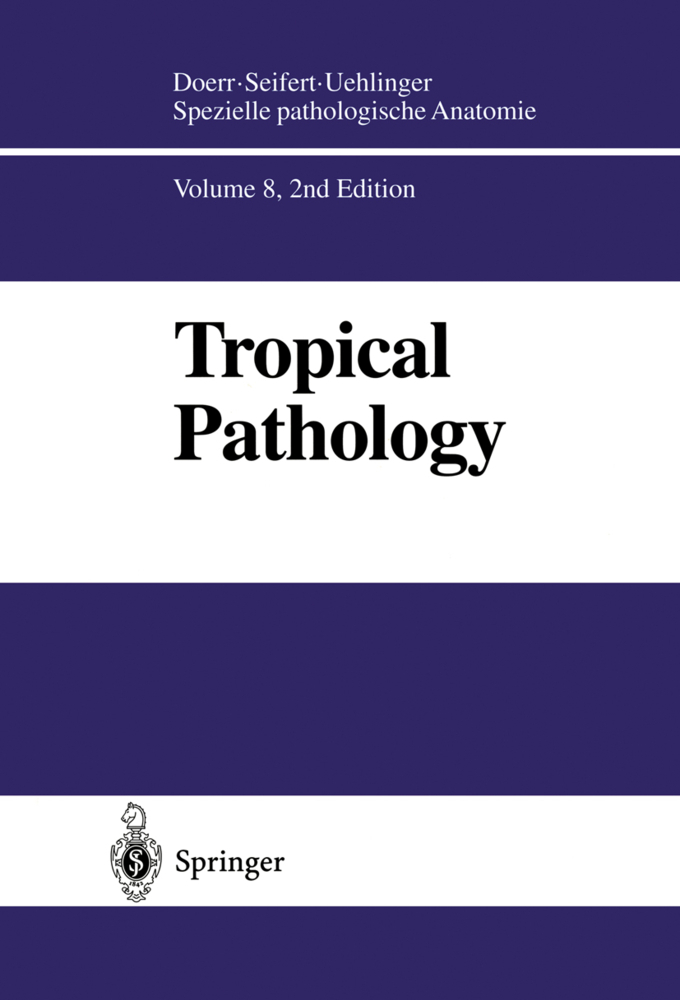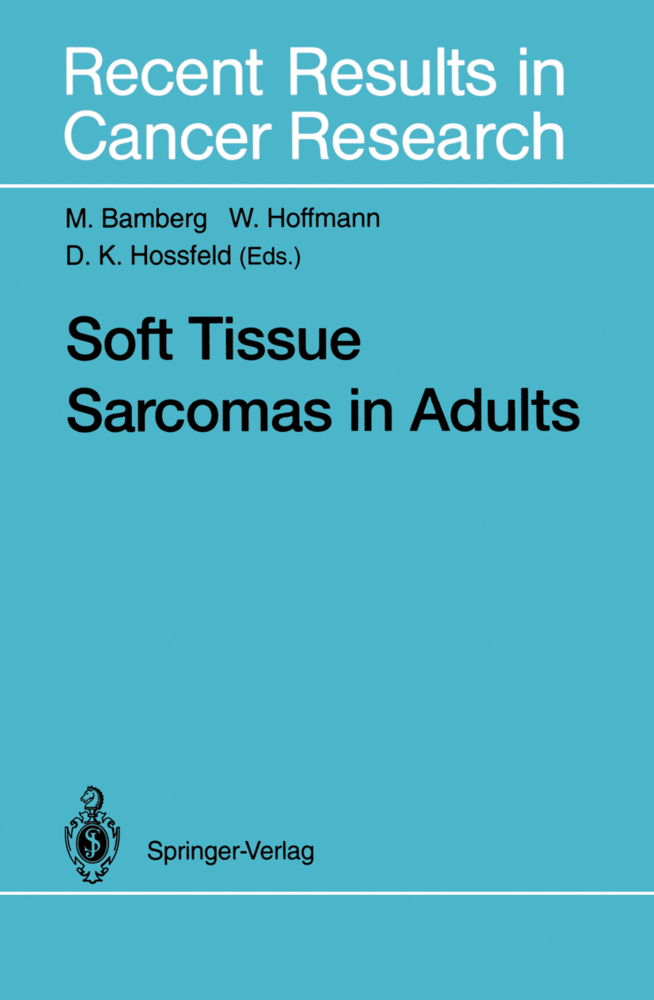Colorectal Cancer
Colorectal Cancer
Colorectal cancer is one of the most frequent human tumors. Despite tremendous advances in our knowledge about the pathogenesis of the disease, the prognosis remains poor for almost half of the individuals affected. This volume provides an updated and comprehensive description of the most relevant features of colorectal cancer - from molecular biology to prevention, from hereditary syndromes to new treatment modalities. It represents an invaluable source for clinicians who deal with colorectal neoplasms and for all those who wish to increase their knowledge of these malignancies.
The Environment and Colorectal Cancer
Colorectal Polyps and the Adenoma-Carcinoma Sequence
Familial and Hereditary Factors
Gene-Environment Interactions
Conclusions
References
2 Pathogenesis of Colorectal Cancer
Main Causes of Colorectal Cancer
Pathogenesis of Colorectal Cancer: Different Molecular Pathways for One Disease
Conclusions
References
3 Pathology of Colorectal Cancer
The Colorectal Mucosa
Aberrant Crypts
Adenomatous Polyps
Other Types of Polyps
Colorectal Carcinoma
Conclusions
References
4 Diagnosis and Clinical Features of Colorectal Cancer
Clinical Findings: Symptoms and Signs
Diagnosis of Colorectal Cancer: Old Methods and Recent Imaging Techniques
Conclusions
References
5 Colorectal Cancer Screening and Surveillance
Colorectal Cancer Screening in the General Population
New Screening Procedures Based on Molecular Analysis
Screening in Individuals with Familial Colorectal Cancer
Surveillance After Endoscopic Polypectomy
Surveillance After Surgery for Colorectal Cancer
Surveillance in Patients with Inflammatory Bowel Disease
Surveillance in Hereditary Cancer Syndromes
Conclusion: Media, Society and Colorectal Cancer Screening
References
6 Prevention and Chemoprevention of Colorectal Neoplasms
Can We Prevent Colorectal Cancer with an Appropriate Diet?
Can We Prevent Colorectal Cancer by Modifying Our Lifestyle?
Secondary Prevention: Is the Removal of Adenomas Effective?
Colorectal Cancer Prevention Under Special Conditions
Chemoprevention of Colorectal Cancer
Conclusions
References
7 Treatment of Colorectal Cancer
Staging Colorectal Neoplasms
Treatment of Resectable Colorectal Tumors
Treatment of Advanced Colorectal Tumors
Innovative Treatments for Colorectal Cancer
Conclusions
References
8 Survival and Follow-up of Colorectal Cancer
Factors Influencing Colorectal Cancer Survival
Temporal Trends and Ethnic Differences in Colorectal Cancer Survival
Follow-up of Colorectal Cancer Patients
Conclusions
References
9 Cancer of the Anal Canal
Epidemiology of Anal Cancer
Clinical Features and Pathology
Treatment of Cancer of the Anus
Conclusions
References
10 Hereditary Non-polyposis Colorectal Cancer (Lynch Syndrome)
Brief History of HNPCC
Epidemiology and Frequency of Lynch Syndrome
Formal Genetics and the Role of Family History
Clinical Features of HNPCC
Pathology of HNPCC
Molecular Biology of HNPCC
Diagnosis of HNPCC
Genetic Counseling in HNPCC
Management and Survival
Conclusions
References
11 Familial Adenomatous Polyposis
Definition and Historical Overview
Epidemiology and Formal Genetics
Diagnosis, Clinical Features and Morphology
Molecular Biology of FAP
Management of Familial Adenomatous Polyposis
Conclusions
References
12 Other Polyposis of the Large Bowel
Peutz-Jeghers Syndrome
Juvenile Polyposis
Cowden's Disease
Turcot Syndrome
Muir-Torre Syndrome and Other Rare Polyposis
Bannayan-Riley-Ruvalcaba Syndrome
Conclusions
References
13 Carcinoid Tumors of the Large Bowel
Brief History
Biology and Pathology of CT
Clinical Features of Colorectal CT
Diagnosis and Treatment of CT of the Large Bowel
Conclusions
References
14 Colorectal Cancer at the Beginning of the New Millennium
The Colorectal Cancer Epidemic
Gene-Environment Interaction
Dealing with Colorectal Cancer Patients in the "Molecular Era"
References.
1 The Causes of Colorectal Cancer
Descriptive Epidemiology and Temporal TrendsThe Environment and Colorectal Cancer
Colorectal Polyps and the Adenoma-Carcinoma Sequence
Familial and Hereditary Factors
Gene-Environment Interactions
Conclusions
References
2 Pathogenesis of Colorectal Cancer
Main Causes of Colorectal Cancer
Pathogenesis of Colorectal Cancer: Different Molecular Pathways for One Disease
Conclusions
References
3 Pathology of Colorectal Cancer
The Colorectal Mucosa
Aberrant Crypts
Adenomatous Polyps
Other Types of Polyps
Colorectal Carcinoma
Conclusions
References
4 Diagnosis and Clinical Features of Colorectal Cancer
Clinical Findings: Symptoms and Signs
Diagnosis of Colorectal Cancer: Old Methods and Recent Imaging Techniques
Conclusions
References
5 Colorectal Cancer Screening and Surveillance
Colorectal Cancer Screening in the General Population
New Screening Procedures Based on Molecular Analysis
Screening in Individuals with Familial Colorectal Cancer
Surveillance After Endoscopic Polypectomy
Surveillance After Surgery for Colorectal Cancer
Surveillance in Patients with Inflammatory Bowel Disease
Surveillance in Hereditary Cancer Syndromes
Conclusion: Media, Society and Colorectal Cancer Screening
References
6 Prevention and Chemoprevention of Colorectal Neoplasms
Can We Prevent Colorectal Cancer with an Appropriate Diet?
Can We Prevent Colorectal Cancer by Modifying Our Lifestyle?
Secondary Prevention: Is the Removal of Adenomas Effective?
Colorectal Cancer Prevention Under Special Conditions
Chemoprevention of Colorectal Cancer
Conclusions
References
7 Treatment of Colorectal Cancer
Staging Colorectal Neoplasms
Treatment of Resectable Colorectal Tumors
Treatment of Advanced Colorectal Tumors
Innovative Treatments for Colorectal Cancer
Conclusions
References
8 Survival and Follow-up of Colorectal Cancer
Factors Influencing Colorectal Cancer Survival
Temporal Trends and Ethnic Differences in Colorectal Cancer Survival
Follow-up of Colorectal Cancer Patients
Conclusions
References
9 Cancer of the Anal Canal
Epidemiology of Anal Cancer
Clinical Features and Pathology
Treatment of Cancer of the Anus
Conclusions
References
10 Hereditary Non-polyposis Colorectal Cancer (Lynch Syndrome)
Brief History of HNPCC
Epidemiology and Frequency of Lynch Syndrome
Formal Genetics and the Role of Family History
Clinical Features of HNPCC
Pathology of HNPCC
Molecular Biology of HNPCC
Diagnosis of HNPCC
Genetic Counseling in HNPCC
Management and Survival
Conclusions
References
11 Familial Adenomatous Polyposis
Definition and Historical Overview
Epidemiology and Formal Genetics
Diagnosis, Clinical Features and Morphology
Molecular Biology of FAP
Management of Familial Adenomatous Polyposis
Conclusions
References
12 Other Polyposis of the Large Bowel
Peutz-Jeghers Syndrome
Juvenile Polyposis
Cowden's Disease
Turcot Syndrome
Muir-Torre Syndrome and Other Rare Polyposis
Bannayan-Riley-Ruvalcaba Syndrome
Conclusions
References
13 Carcinoid Tumors of the Large Bowel
Brief History
Biology and Pathology of CT
Clinical Features of Colorectal CT
Diagnosis and Treatment of CT of the Large Bowel
Conclusions
References
14 Colorectal Cancer at the Beginning of the New Millennium
The Colorectal Cancer Epidemic
Gene-Environment Interaction
Dealing with Colorectal Cancer Patients in the "Molecular Era"
References.
Ponz de Leon, Maurizio
| ISBN | 978-3-642-62762-0 |
|---|---|
| Artikelnummer | 9783642627620 |
| Medientyp | Buch |
| Copyrightjahr | 2012 |
| Verlag | Springer, Berlin |
| Umfang | XV, 303 Seiten |
| Abbildungen | XV, 303 p. |
| Sprache | Englisch |

